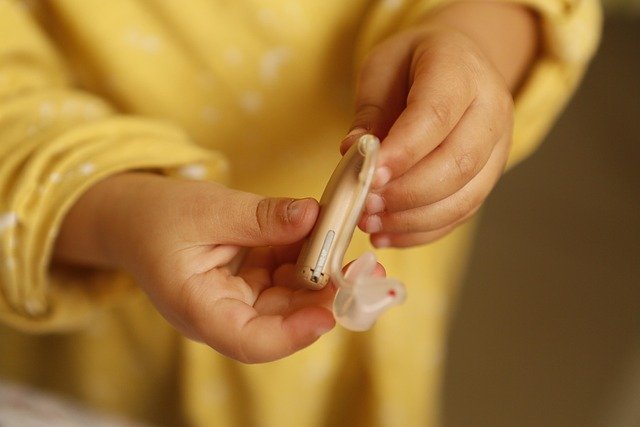Alternatives to Dental Implants: Options for Restoring Your Smile
Dental implants have become a popular solution for replacing missing teeth, but they're not the only option available. For various reasons, including cost, medical considerations, or personal preference, some individuals may seek alternatives to traditional dental implants. This article explores several alternative treatments that can help restore your smile and improve oral function without the need for implant surgery.

How do dental bridges compare to implants?
Dental bridges are a fixed prosthetic device that can replace one or more missing teeth. Unlike implants, bridges don’t require surgery and can often be completed in fewer visits. They rely on the strength of surrounding teeth, which are prepared to support the bridge. While bridges can provide a natural-looking result, they typically have a shorter lifespan than implants and may require more frequent replacements. Additionally, bridges don’t stimulate the jawbone, which can lead to bone loss over time[2].
Are removable partial dentures a good alternative?
Removable partial dentures offer a flexible and cost-effective solution for replacing multiple missing teeth. These appliances consist of artificial teeth attached to a gum-colored base, often with metal clasps that anchor to existing teeth. Partial dentures can be easily removed for cleaning and are generally less expensive than implants or bridges. However, they may feel less stable than fixed options and can take some time to get used to. Regular adjustments may be necessary to maintain a proper fit as the mouth changes over time[3].
What are the benefits of complete dentures?
For individuals who have lost all their teeth, complete dentures provide a comprehensive solution. Modern dentures are custom-made to fit comfortably and look natural, restoring both aesthetics and function. They allow patients to eat a wider variety of foods and speak more clearly compared to having no teeth. While there is an adjustment period, many people find that complete dentures significantly improve their quality of life. Advances in dentistry have also led to more secure fitting options, such as implant-supported dentures, which combine the benefits of dentures with the stability of implants[4].
Can screwless implants be an alternative to traditional implants?
Screwless implants, also known as press-fit implants, represent an innovative approach in implant dentistry. These implants are designed to be inserted into the jawbone without the use of screws, potentially reducing trauma to the surrounding bone. While not a true alternative to implants, they offer a different methodology within the implant category. Screwless implants may provide faster healing times and can be particularly beneficial in cases where bone density is a concern. However, they are not suitable for all patients and require careful assessment by a dental professional[5].
How do these alternatives compare in terms of cost and longevity?
When considering alternatives to dental implants, cost and longevity are important factors to weigh. Below is a comparison of the main options discussed:
| Treatment Option | Estimated Cost Range | Expected Lifespan | Maintenance Required |
|---|---|---|---|
| Dental Bridges | $2,000 - $5,000 | 5-15 years | Regular cleaning, possible replacement |
| Partial Dentures | $1,000 - $2,500 | 5-7 years | Daily cleaning, periodic adjustments |
| Complete Dentures | $1,500 - $3,000 | 5-10 years | Daily cleaning, possible relines |
| Screwless Implants | $3,000 - $6,000 per implant | 10-20+ years | Regular dental check-ups |
Prices, rates, or cost estimates mentioned in this article are based on the latest available information but may change over time. Independent research is advised before making financial decisions.
Each alternative to dental implants comes with its own set of pros and cons. Bridges and dentures generally have lower upfront costs but may require more frequent replacements. Screwless implants, while more expensive initially, can offer longevity similar to traditional implants. The choice ultimately depends on individual circumstances, including oral health, budget, and personal preferences. Consulting with a dentist is crucial to determine the most suitable option for restoring your smile and maintaining oral health.
This article is for informational purposes only and should not be considered medical advice. Please consult a qualified healthcare professional for personalized guidance and treatment.






